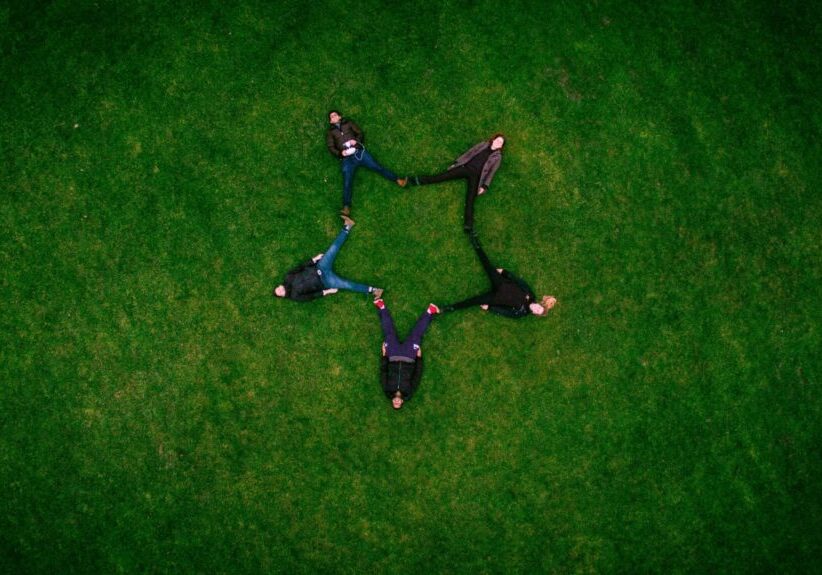Braid Mission
Blog
Building Trust

Building trust simply takes time.
I know this in my head: we say this in every Braid training and reinforce it over and over to almost all Braid teams, even those that have been going for months or years.
But over the last couple weeks, I have been taking care of Chris’s cats while he and his wife have been on vacation, and I have been re-learning this lesson.
One of their cats, Kingsley, usually runs down the stairs when I arrive, ready for breakfast and snuggles.
Their other cat, Nala, is decidedly more skittish.
For the first few days, she was continually surprised by me. She would wander down the stairs, see me standing there, freeze, and then run back up to her hiding spot.
Then she just went ahead and hid when she heard me coming, and I didn’t see her at all for a couple days.
Meanwhile, I just kept showing up twice a day, bringing fresh food and water. I never chased her down or tried to make her socialize. I just gave her the space to do what she needed to do.
And then, toward the end of the first week, she wandered into the kitchen while I was washing her bowl, and instead of immediately bolting away, she stayed. On the other side of the room, but she stayed.
The next day, she came a little closer and stayed a little longer.
As of today, twelve days into our experiment, she has come within about three feet of me.
Many of you have probably done this dance of building trust with an animal, and I think it is a pretty good translation for what many of our mentors have experienced with their youth as well.
In fact, trauma teaching commonly refers to the “animal brain.” When any creature is anxious (because of trauma or just personality), we switch into our emotional brain. Our actions are based on instinct, not logic. We lead with our heart, not our head.
Our youth, who have been deeply disappointed by primary adult relationships, have every reason to be wary around new people and are often operating out of this space.
At first, they are surprised that their mentors keep showing up. They may withdraw for periods of time, hoping these new people will go away. But they keep gently showing up and providing nourishment, without judgment or expectation. With every visit they prove again that they come in peace. Gradually, their youth test the boundaries of how close they can get.
I think we all prefer a Kingsley greeting: who doesn’t like for their effort to be met with enthusiasm and affection? But over these last couple weeks, my heart has been warmed just as much, if not more, by getting within a yard of Nala.



